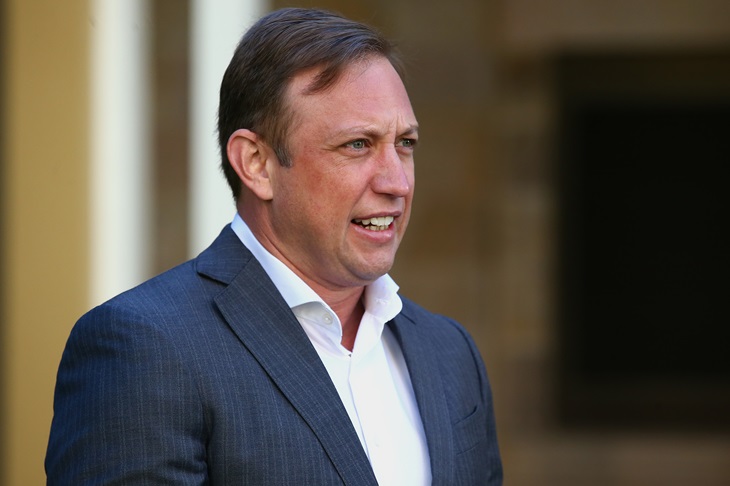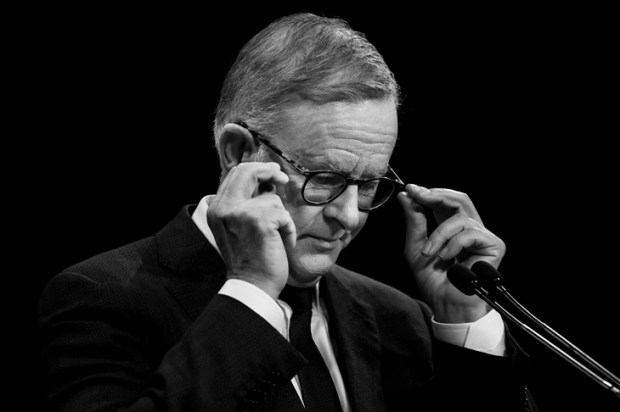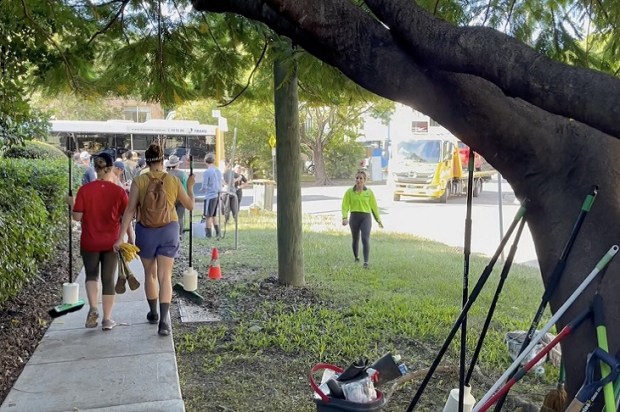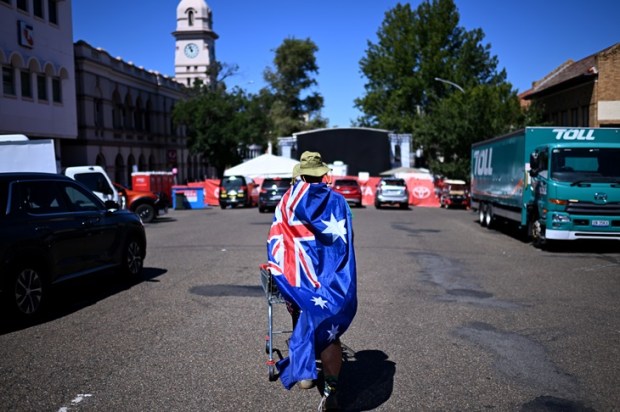Queensland held its local council elections Saturday, which would normally be a big yawn outside the Sunshine State, except for two reasons: Brisbane City Council is now the largest government held by the Liberal Party in Australia, and there were two state by-elections held concurrently that yielded unexpectedly bad results for the ALP.
The elections sent mixed messages to the Liberal-National Party which, if they are interpreted badly by the party’s strategists, could lead them in completely the wrong direction in the Queensland state and federal elections.
The state by-elections were caused by the resignations of two MPs: former Premier Annastacia Palaszczuk...
Already a subscriber? Log in
Subscribe for just $2 a week
Try a month of The Spectator Australia absolutely free and without commitment. Not only that but – if you choose to continue – you’ll pay just $2 a week for your first year.
- Unlimited access to spectator.com.au and app
- The weekly edition on the Spectator Australia app
- Spectator podcasts and newsletters
- Full access to spectator.co.uk


























Comments
Don't miss out
Join the conversation with other Spectator Australia readers. Subscribe to leave a comment.
SUBSCRIBEAlready a subscriber? Log in